Real Life Heroes: Al-King Dilangalen
Al-King Dilangalen, one of our Project Assistants for the REACH 3 Project, shares how his love for helping others always prevails in times when being a humanitarian worker becomes difficult. This is one of the many reasons why he’s one of our Real Life Heroes.
Get to know Al-King and his inspiring take on being a humanitarian worker:
What is your role/or key responsibilities in Action Against Hunger?
I am currently one of the project assistants for the “Response to the unmet Humanitarian Needs of the most vulnerable populations in Mindanao affected by conflict, natural hazards, and COVID-19 pandemic” or REACH 3 Project.
My responsibility is to coordinate with community partners and leaders, especially the local government units in our covered areas, both in barangay and municipal level particularly on Health and Nutrition sector. We worked together with local and barangay health workers to conduct health missions, nutrition screenings for children and Pregnant and Lactating women, and conduct covid-19 vaccination campaigns to hard-to-reach areas affected by conflict and natural disasters.
How long have you been working as a humanitarian worker?
In the past 3 years, I have been working as a humanitarian worker, mainly in emergency response projects. I started my career when I had the chance to respond in earthquake affected areas in North Cotabato. Then after, I started working with Action Against Hunger under COVID-19 emergency WASH assistance project and REACH 2 Top-Up Emergency Response Project.
What motivates you to become a humanitarian worker?
Humanitarian work is nonetheless exceptional. Having been able to respond during crisis to communities affected by disasters or conflict and help them ease their burden is the main reason why I choose to be a humanitarian worker.
Why are you making this sacrifice?
We are living in a very critical times right now, and it doesn’t take much to trigger off another calamitous events. And I believe that it takes a good heart for a human being to commit itself for the good of humanity. Its not merely a sacrifice but rather a shared responsibility. When someone sees inequality and injustices, there should be no second thoughts about making actions. To me, I know that my commitment in serving the community is somewhat my great contribution in making this world free from poverty.
What have been your challenge in your work?
As an aid worker, people always recognize us for the courage and passion despite being in a risky situation. However, the truth is, we’re also vulnerable. Sometimes, we’re not only the responders but is some circumstances, we’ve also become the survivors. We position ourselves in many dangerous places. We brave through the floods, we travel in an insecure area, and our lives are at stake.
What motives you to keep doing your work even with these challenges?
There are moments when our body wants to rest but our heart would continue to go on. There is always this contradiction. They do not speak in unity especially when you see the need for aid. The heart usually prevails. The heart wins. And this is why I keep doing my job.
What are you most proud of?
Working in the humanitarian world allowed me to see how my values align with the real-world. I was able to balance realities, with a sense of adventure, meet people, and have new experiences. This is the work culture that I’ll always be proud of.


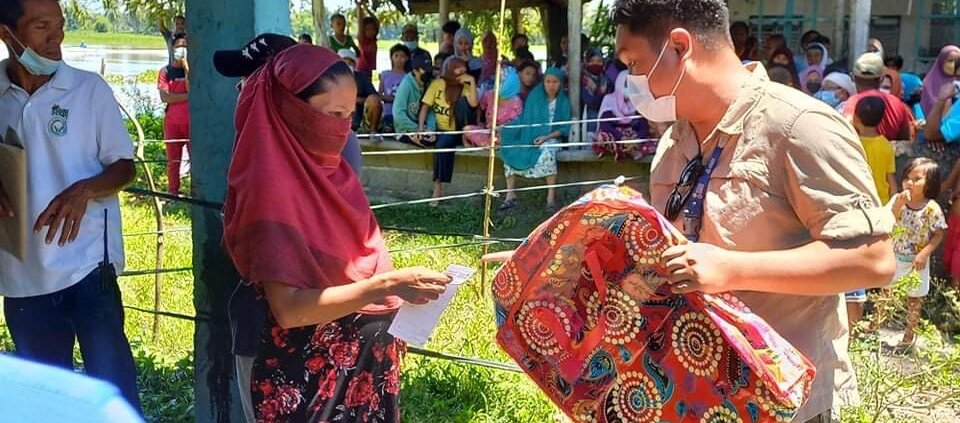

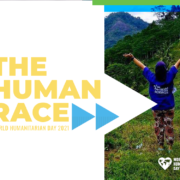
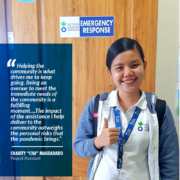
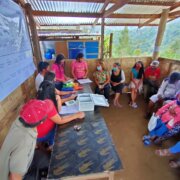
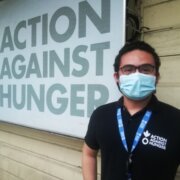
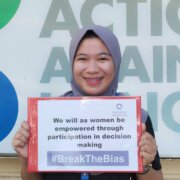
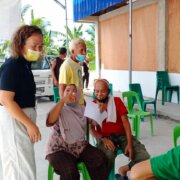
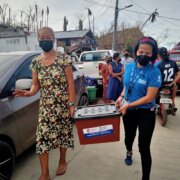


Leave a Reply
Want to join the discussion?Feel free to contribute!